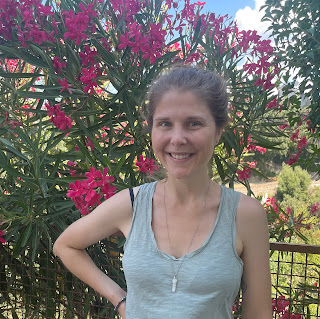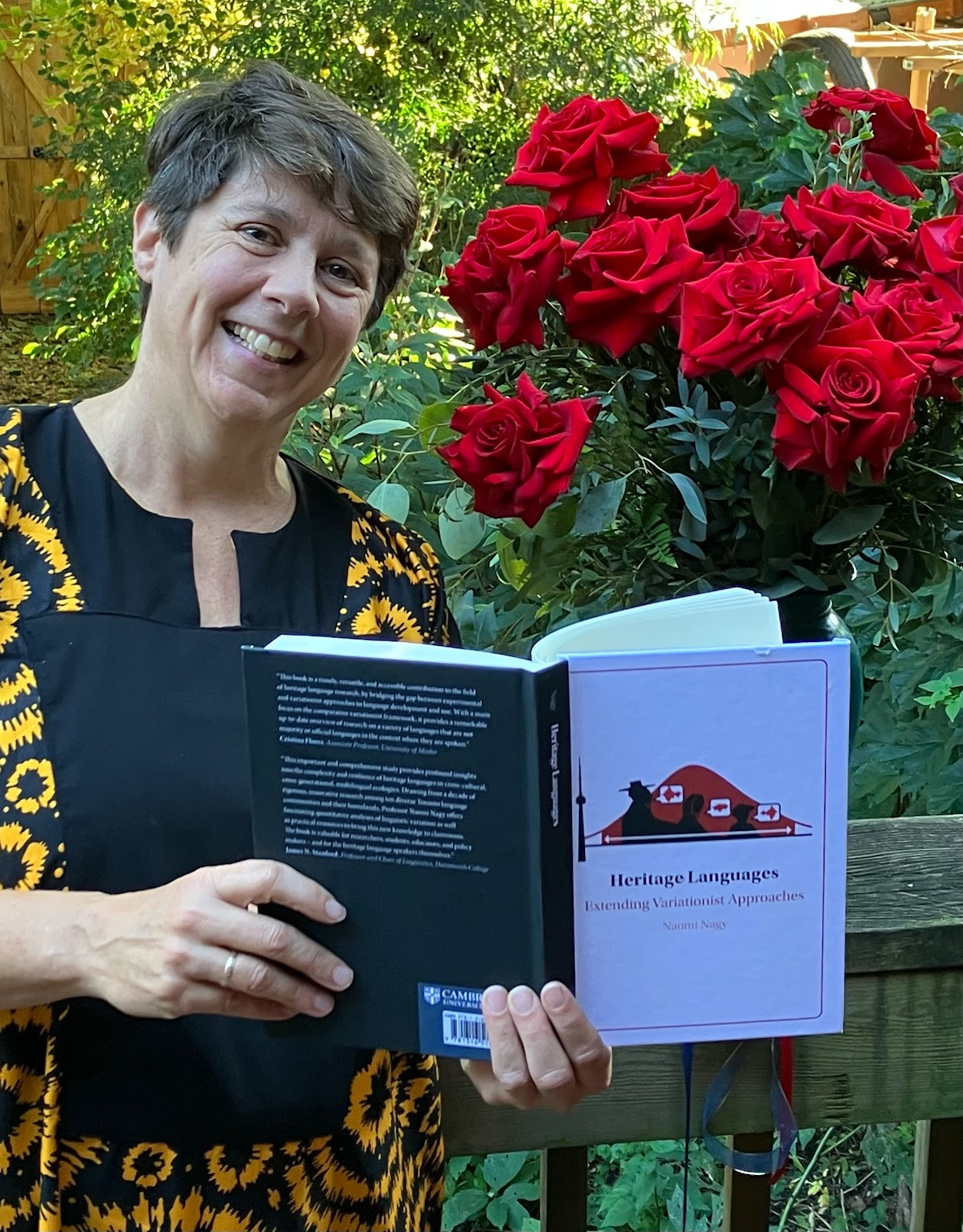During the summer of 2023, Lex Konnelly and Nathan Sanders presented on AI "hype" in classrooms to help instructors address issues bubbling to the surface as ChatGPT's range broadens with each question it is asked by some unsuspecting student.
Addressing ethical and pedagogical considerations for AI-driven text generation in classrooms, particularly of linguistics, they presented a foray into the ever-changing landscape evolving at a rate "faster than scholars can publish work on them" (Sanders).
Though some faculty members with whom the researchers partnered focused on ways they could Chat-GPT-proof their assessments, others were interested in integrating such tools into their classwork.
Importantly, the researchers' approach is not punitive, but rather, constructive - an approach to merging of AI tools with educational models which will benefit not only morale in the classroom, but student media and technology literacy in a world rapidly going wireless.
Perhaps today's students can benefit from learning how to hack tools such as chatbots to maximize their potential for learning.
Perhaps future integration of artificial intelligence brings with it the potential of a rapid decline or even total erasure of the capacity to learn hard skills.
Regardless, the researchers' position is that the fields of linguistics and artificial intelligence are necessarily intertwined.
Due to tools' like Chat-GPT's reliance on large language models, students of both linguistics and computer science, or even artificial intelligence engineering, have much to gain by probing the threads linking their interests to each other, potentially by exploring something like the groundbreaking focus on Computational Linguistics offered by UofT.
Presented by Konnelly at the 2024 Annual Meeting of the Linguistic Society of America in January, this work will be published soon as a proceedings paper.
As Sanders and Konnelly will be the first to tell you, by the time this post goes live, this information may be obsolete.
We at WHITL don't see this as a reason not to comment, but as an opportunity to mark our ideas on an AI-timeline quickly extending into the future, and an exciting chance to engage with all students across UofT.
AI in the classroom poses all kinds of ethical questions for students and professors, and raises new questions every time it is used. This work gives us some interesting and thought-provoking ways of dealing with technology which passes the Turing Test daily, and (usually) with flying colours at that.




















































